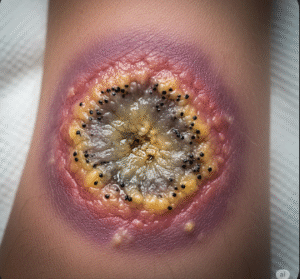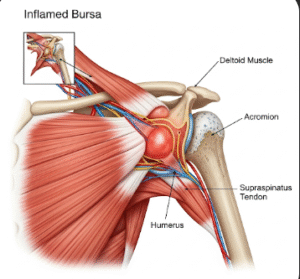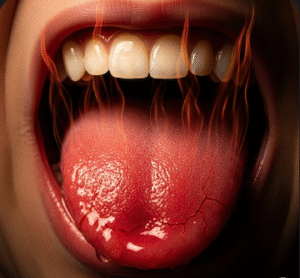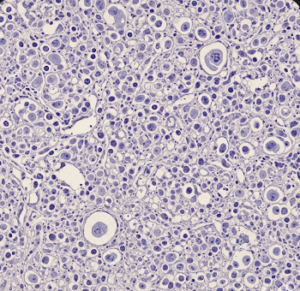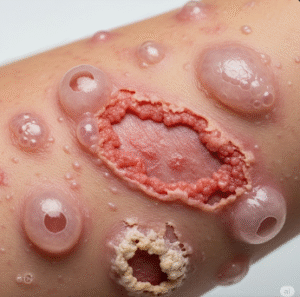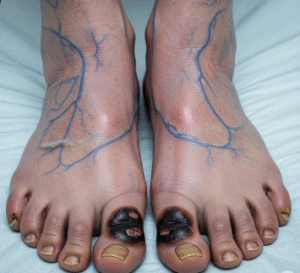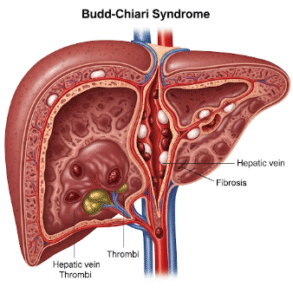Overview
Tinnitus, commonly described as buzzing, ringing, or hissing in the ears, is a prevalent condition affecting millions of people worldwide. While not a disease itself, tinnitus often signals underlying ear, neurological, or systemic issues. It can significantly impact quality of life, concentration, sleep, and emotional well-being.
In Korea, tinnitus is managed in audiology, ENT (ear, nose, and throat), and neurology clinics using advanced diagnostics, sound therapy, medical treatments, and integrative care. Korean specialists focus on accurate diagnosis, tailored interventions, and patient education to manage this challenging condition effectively.
What is Buzzing in the Ears (Tinnitus)?
Tinnitus is the perception of sound in the absence of an external source. The sounds can vary in pitch, intensity, and pattern, including buzzing, ringing, hissing, clicking, or roaring. Tinnitus is classified as:
- Subjective tinnitus, heard only by the patient and the most common type
- Objective tinnitus, rare and sometimes audible to clinicians, often due to vascular or muscular abnormalities
Buzzing in the ears can be intermittent or constant, mild or severe, and may affect one or both ears. The condition can be temporary, such as after exposure to loud noise, or chronic, lasting months or years.
Symptoms
Common symptoms associated with tinnitus include:
- Persistent or intermittent buzzing, ringing, or hissing sounds in one or both ears
- Difficulty concentrating due to the constant perception of sound
- Sleep disturbances, often due to heightened awareness of tinnitus at night
- Ear fullness or pressure in some cases
- Sensitivity to loud sounds (hyperacusis)
- Associated hearing loss, particularly with age-related or noise-induced damage
- Anxiety, irritability, or depression due to chronic discomfort
Symptoms vary depending on the underlying cause, duration, and severity.
Causes
Buzzing in the ears can result from multiple factors, often involving the auditory system, nerves, or systemic health:
- Hearing loss, including age-related (presbycusis) or noise-induced hearing loss
- Ear infections or otitis media, leading to inflammation of the auditory system
- Earwax impaction, causing obstruction and altered sound perception
- Ototoxic medications, such as certain antibiotics, chemotherapy agents, or NSAIDs
- Meniere’s disease, causing fluid imbalance in the inner ear
- Acoustic trauma, from exposure to loud noises or explosions
- Head or neck injuries, affecting auditory nerves
- Cardiovascular issues, such as high blood pressure or vascular abnormalities
- Neurological disorders, including multiple sclerosis or acoustic neuroma
- Psychological stress, which can exacerbate the perception of tinnitus
Risk Factors
- Advanced age, due to natural hearing decline
- Chronic exposure to loud noise, including occupational or recreational sources
- Ototoxic drug use
- Cardiovascular disorders, hypertension, or atherosclerosis
- Ear infections or chronic ear conditions
- Stress, anxiety, or depression
- Genetic predisposition in certain families
Complications
Chronic tinnitus can result in significant functional and emotional challenges:
- Sleep disruption, leading to fatigue and reduced cognitive performance
- Difficulty concentrating or working, impacting daily activities and productivity
- Increased anxiety or depression, often secondary to persistent noise perception
- Social withdrawal, due to frustration or inability to focus in noisy environments
- Exacerbation of hearing loss, particularly when associated with untreated auditory disorders
Prevention
Preventive strategies focus on protecting the auditory system and addressing underlying health issues:
- Use of ear protection in noisy environments, such as earplugs or earmuffs
- Regular hearing assessments to detect early hearing loss
- Avoiding prolonged exposure to loud music or machinery
- Managing cardiovascular health, including blood pressure and cholesterol levels
- Prompt treatment of ear infections
- Cautious use of ototoxic medications, under medical supervision
- Stress management techniques, including relaxation exercises and mindfulness
Treatment Options in Korea
Diagnosis
Diagnosis of tinnitus involves comprehensive auditory and medical evaluation:
- Audiological examination, including hearing tests to detect hearing loss patterns
- Tympanometry to assess middle ear function
- Imaging studies, such as MRI or CT, if neurological or vascular causes are suspected
- Blood tests to evaluate systemic conditions, including thyroid or cardiovascular disorders
- Questionnaires and symptom tracking to assess tinnitus impact on daily life
Medical Management
Medical treatment depends on underlying causes and symptom severity:
- Addressing underlying conditions, such as ear infections, impacted wax, or hearing loss
- Medications to manage secondary conditions, including anti-anxiety drugs or sleep aids
- Hearing aids, which amplify external sounds and reduce the perception of tinnitus in patients with hearing loss
- Sound therapy, using white noise machines or tinnitus-masking devices
- Cognitive behavioral therapy (CBT) to reduce distress and improve coping strategies
Advanced and Supportive Therapies
- Neuromodulation therapies, including transcranial magnetic stimulation in selected patients
- Acupuncture or integrative therapies, often used in Korean clinics as complementary treatment
- Rehabilitation programs, including auditory training and relaxation techniques
- Patient education, emphasizing coping strategies, lifestyle modifications, and symptom tracking
Prognosis
The prognosis of tinnitus varies based on cause, duration, and treatment response:
- Temporary tinnitus, such as from acute noise exposure, often resolves spontaneously
- Chronic tinnitus may persist, but symptoms can be managed effectively with medical, therapeutic, and supportive interventions
- Early intervention and multidisciplinary care in Korea improve quality of life and minimize functional impairment
- With proper management, most patients can reduce the perception of buzzing, improve sleep, and maintain daily function
Buzzing in the ears (tinnitus) management in Korea combines state-of-the-art diagnostics, personalized therapy, rehabilitative support, and integrative care, ensuring patients achieve symptom relief, functional improvement, and enhanced overall well-being.



